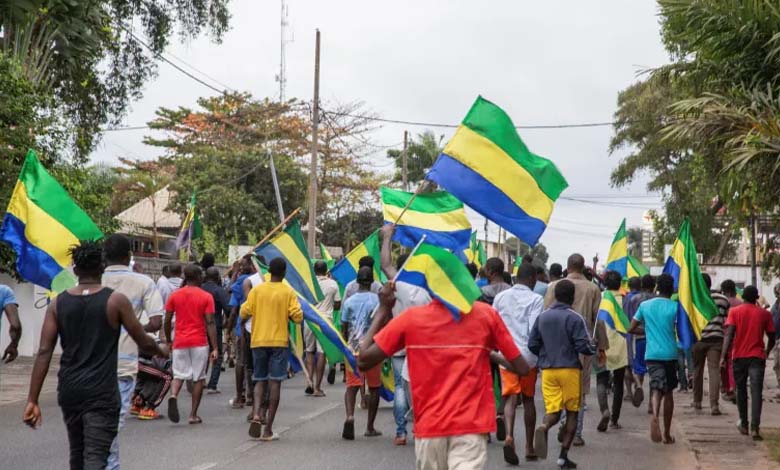Gabon’s Constitutional Draft: What the Leaks Reveal

“A new Constitution that meets the aspirations of the Gabonese people, but without rushing” was the promise made by General Brice Oligui Nguema about a week after the coup against Ali Bongo.
-
One Year After the Gabon Coup: What Has Changed?
-
Draft of New Gabon Constitution: Everything You Need to Know
This promise seemed to be the most significant for a population that had already shown signs of dissatisfaction and frustration with the Bongo family’s rule, which critics say shaped the country’s laws to their benefit.
Ali Bongo had ruled Gabon since 2009, succeeding his father Omar Bongo, who had been president since 1967.
Aware of the shortcomings of the previous regime, the military quickly promised a new Constitution, making every effort to unite Gabonese citizens around it.
-
Terrorist Groups and the Spread of Unrest: The Gabon Coup Raises Regional Concerns
-
Military Coup in Gabon Ends Ali Bongo’s Third Presidential Term Prematurely
Before his official inauguration in September 2023, General Brice Oligui Nguema had already started a series of meetings with political parties, civil society representatives, religious leaders, and the media to explain his vision for the future.
At that time, one of his key promises was “a new Constitution that meets the aspirations of the Gabonese people, and a new electoral law, but without haste,” adding that credible elections would follow immediately afterward.
-
Terrorist Groups Exploit Concepts and Terminologies to Persuade Youth to Join Them… Learn About the Most Important Ones
-
“Ballot Collision”: A crisis clouds the elections of Africa’s second-largest country
He made this promise during his swearing-in ceremony at the presidential palace in Libreville, about a week after the military coup in late August 2023.
Leaks
Drafting a new Constitution in Gabon is no easy task. The text needs to provide clarifications, corrections, and revisions in a country that is redrawing its political landscape, with its people hoping for comprehensive reforms.
The current Constitution, adopted in 1991, has been amended several times and long criticized. The new draft, completely revised, was praised by participants in the national dialogue held last April.
-
Russia’s plans succeed in paving the way for the dissolution of the Sahel Group
-
How does the ongoing coup in Africa affect French presence and what is the reason behind it?
On May 8, the ruling military council appointed a national constitutional committee of 21 members responsible for drafting the new text.
According to a draft circulating on social media, which has not been contested by the authorities, Gabon will opt for a presidential system.
As for electoral rules, presidential candidates must be between 35 and 70 years old, have resided in Gabon for three consecutive years, be married to a Gabonese man or woman, and possess full mental and physical faculties.
The president’s term will last for seven years, renewable once.
Any Gabonese citizen with dual nationality can run for office, provided they have renounced their second nationality two years before the election date.
Key Provisions
The draft recognizes a temporary vacancy in presidential power for up to 120 days.
This issue was raised in Gabon after Ali Bongo suffered a stroke in 2018.
In the event of a permanent vacancy, the president of the Senate will temporarily assume the role until the next presidential election.
The president will be assisted by a vice president and a deputy prime minister, both appointed by the head of state, who can also terminate their duties.
The draft includes other controversial measures such as the creation of ideological blocs for political parties, which has been widely criticized in the country for months.
The state also recognizes the opposition’s role and enforces mandatory military service. Lastly, French remains the official language, even though Gabon has been a Commonwealth member for two years.
The new Constitution comprises 150 articles divided into several chapters, and according to one of its drafters, “this text will be the most democratic in the country’s history, as it is directly derived from the Gabonese people themselves.”












